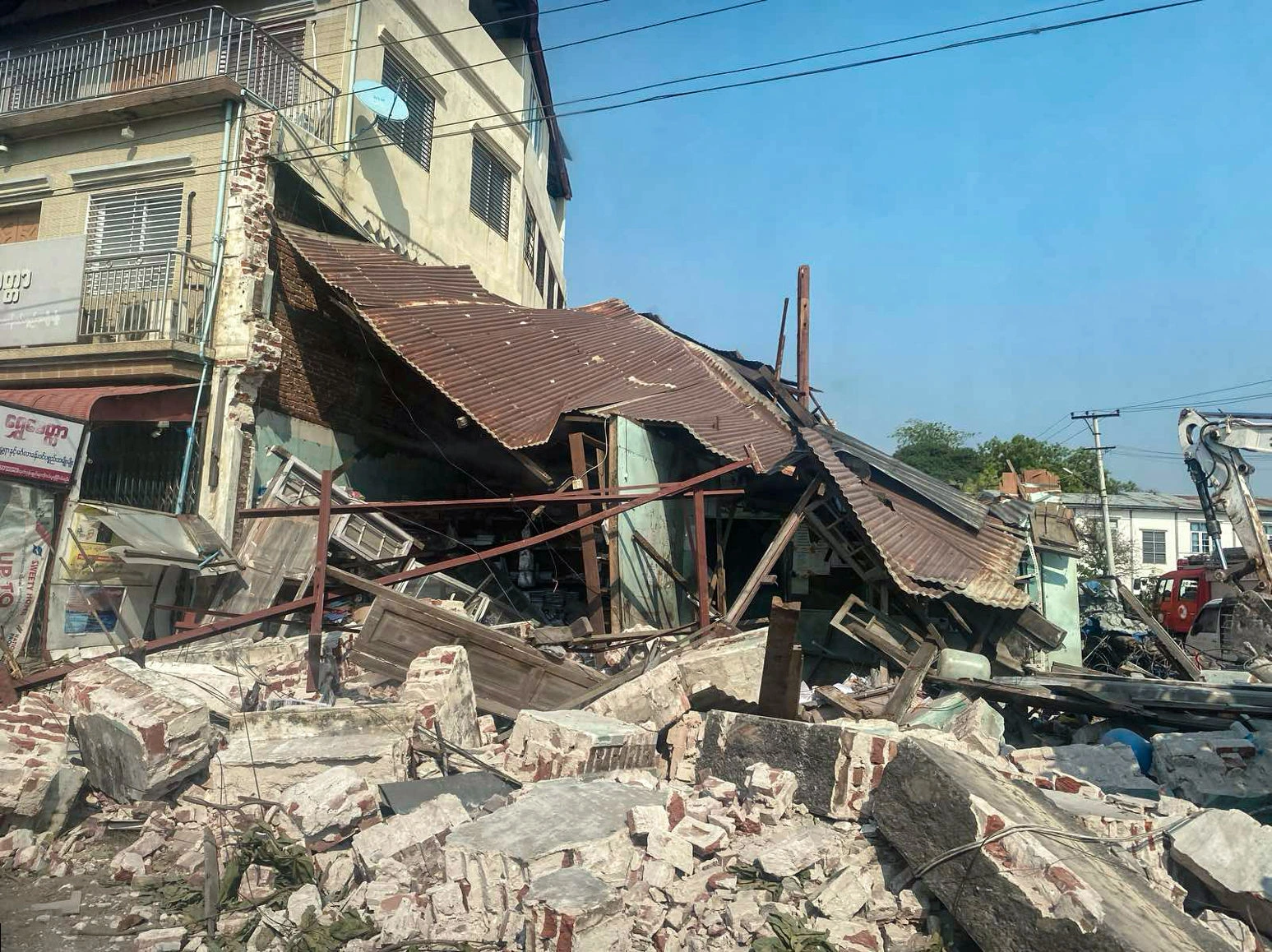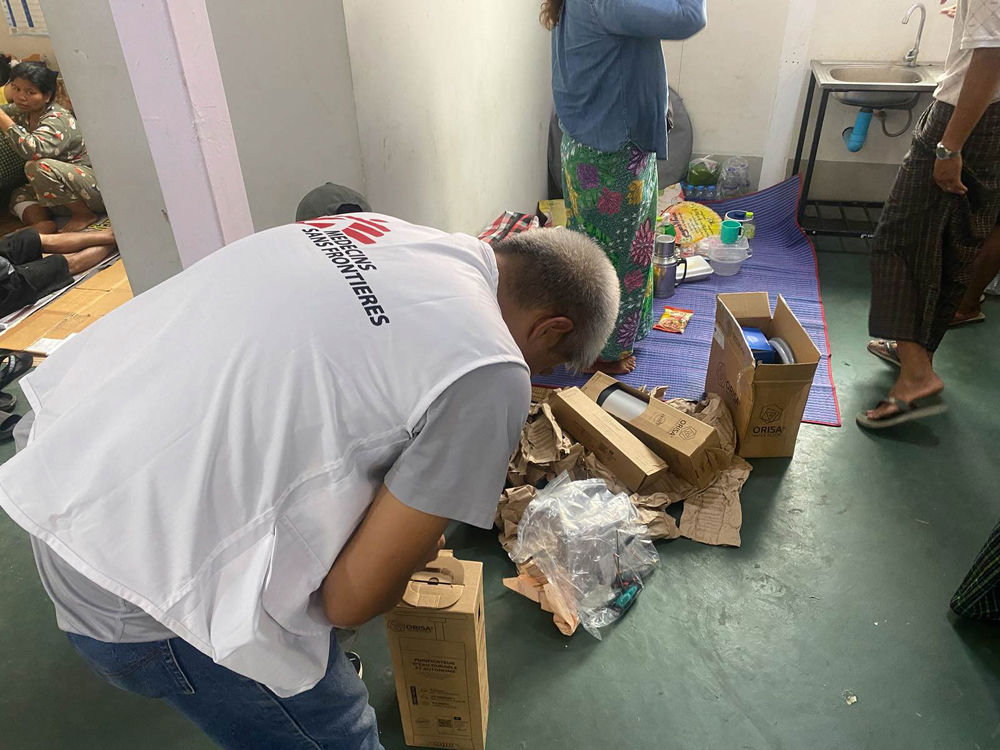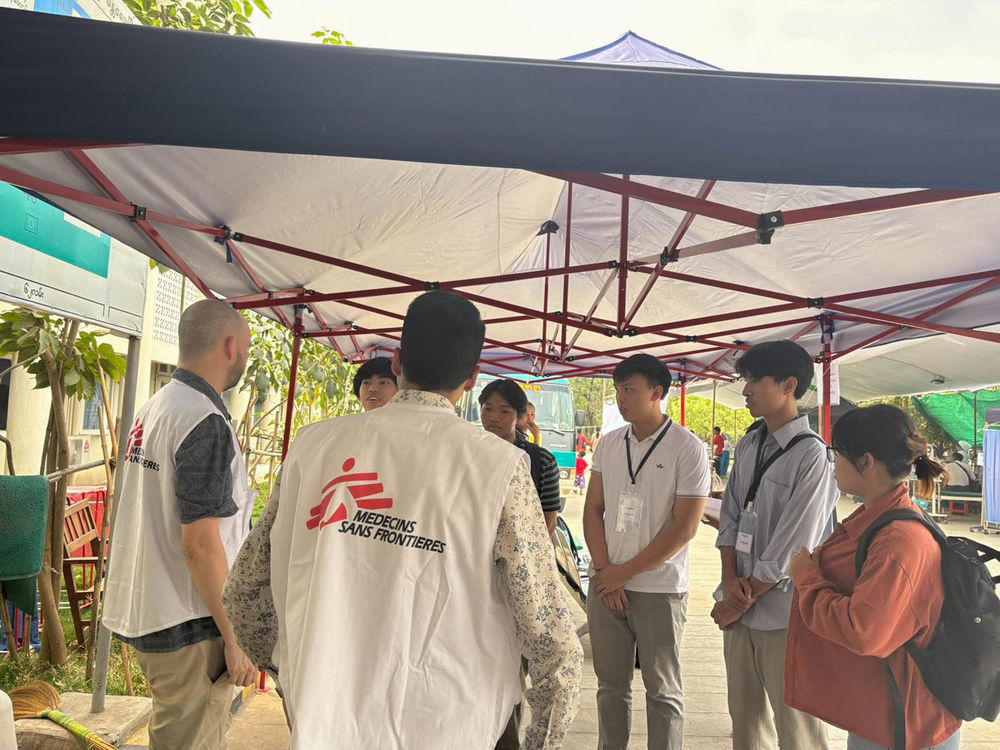Adrian Guadarrama, MSF Programme Manager for Myanmar
“The healthcare system has been severely impacted at multiple levels, with secondary care being particularly affected. Hospitals, including operating theatres, are non-functional—not only for emergency surgeries but also for essential procedures like C-sections. MSF teams are prioritizing efforts to provide immediate relief by strengthening secondary healthcare services.
At the same time, primary healthcare remains crucial in this context, ensuring continued access to essential medications for non-communicable diseases such as diabetes and hypertension.
We are also worried about the psychological toll on the affected communities, many of whom are experiencing stress and acute trauma following the earthquake and ongoing aftershocks. To help build resilience, our teams are actively providing psychological first aid training as an integral part of the emergency response.
A key priority for MSF in Myanmar is community engagement—working closely with local efforts to ensure a meaningful and lasting impact on the health and well-being of those affected. Our goal is to strengthen existing capacities, particularly through the dedication of local communities and our local staff.”
Mikhael De Souza, MSF Field Coordinator in Yangon, Myanmar
• The day after the earthquake hit, we were able to send the first team to assess the situation.
• Another pressing issue is that since the earthquake, phone networks have gone down. It’s extremely difficult to contact other regions of the country. We try and keep on calling our teams and sometimes we are able to talk and sometimes we are not able to talk, to know exactly what is happening.
• Definitely water, electricity, and phone networks are crucially lacking and are an issue for the survival of most people affected by the earthquake.




